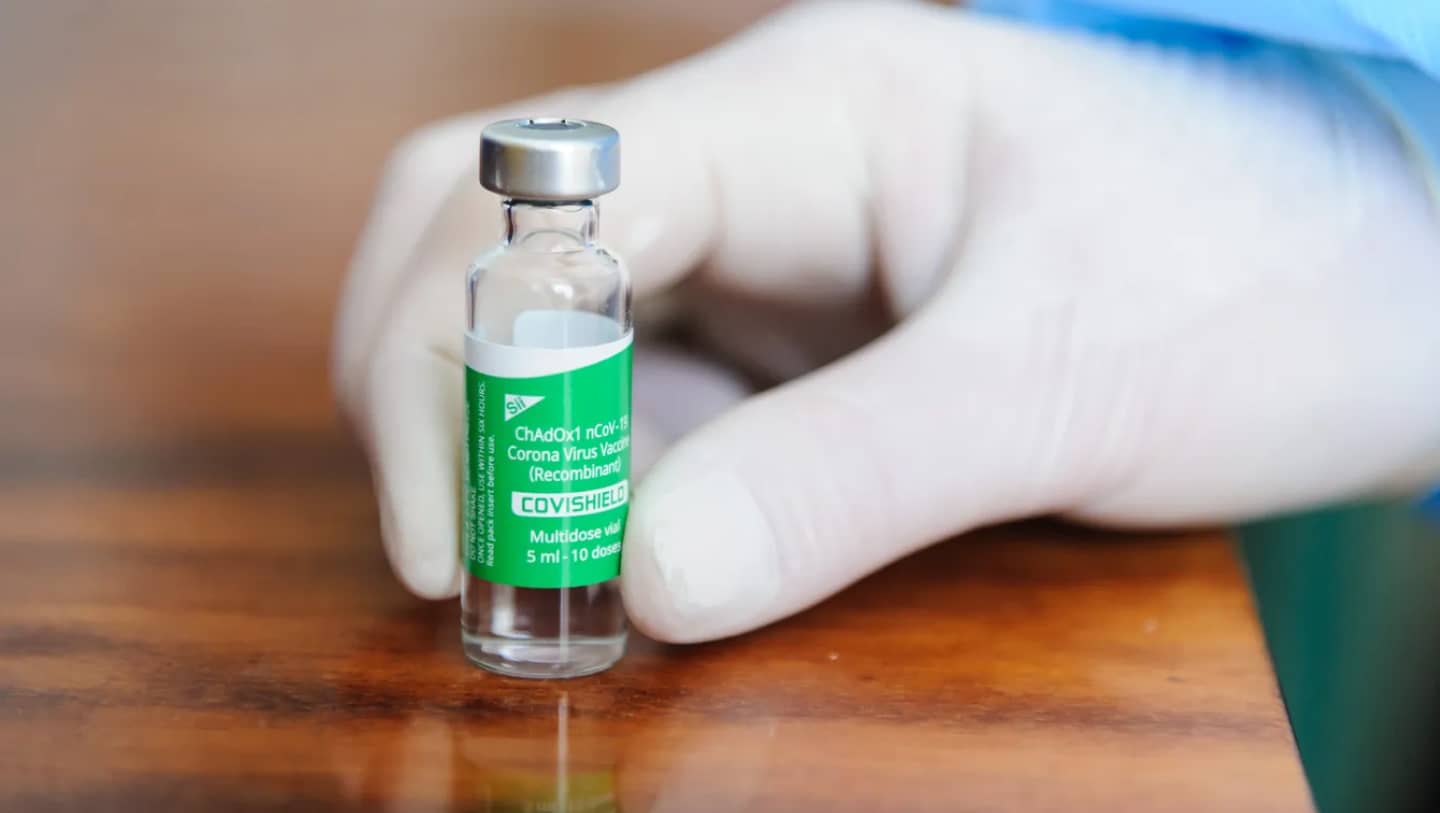AstraZeneca has admitted for the first time in court documents that its Covid-19 vaccine, sold worldwide under the trade names Covishield and Vaxzevria, among others, can lead to rare side effects.
In rare cases, Covishield can cause a condition that leads to blood clots and low platelet counts, the vaccine maker said in court documents. This condition is known as thrombosis with thrombocytopenia syndrome (TTS).
Covishield was manufactured by the Serum Institute of India and widely administered in the country. AstraZeneca is facing a class-action lawsuit in the UK over claims its vaccine has caused several deaths and serious injuries.
What is this rare side effect?
Thrombosis with thrombocytopenia syndrome (TTS) is characterized by blood clots and low platelet counts. It is also referred to as VITT – Vaccine Induced Immune Thrombotic Thrombocytopenia. A blood clot that forms in a vessel can cause thrombosis, which can reduce blood flow in the affected vessel.
Thrombocytopenia occurs when the number of platelets in the body is low. Platelets help blood clot and prevent excessive bleeding.
Also Read
- Why is WhatsApp threatening to leave India? Everything you need to know
- India summons Canadian envoy over pro-Khalistan slogans
What is the connection between TTS and the AstraZeneca Covid vaccine?
Scientists have discovered a link between the vaccine and VITT. Lawyers for the plaintiffs argue that VITT is a subset of TTS, although AstraZeneca appears to be unaware of the distinction.
The company’s acceptance marks a pivotal moment in the ongoing legal battle and highlights the potential risks associated with vaccinations.
The lawsuit was filed by Jamie Scott, who suffered permanent brain damage after receiving the AstraZeneca vaccine in April 2021.
AstraZeneca admitted in legal documents filed with the UK High Court that its vaccine “can cause TTS in very rare cases”.
The admission comes after extensive litigation and could potentially result in large payouts if the company admits to vaccine-related illness or death in certain cases. Despite the admission, AstraZeneca denies claims of widespread flaws in the vaccine and exaggeration of its effectiveness.




